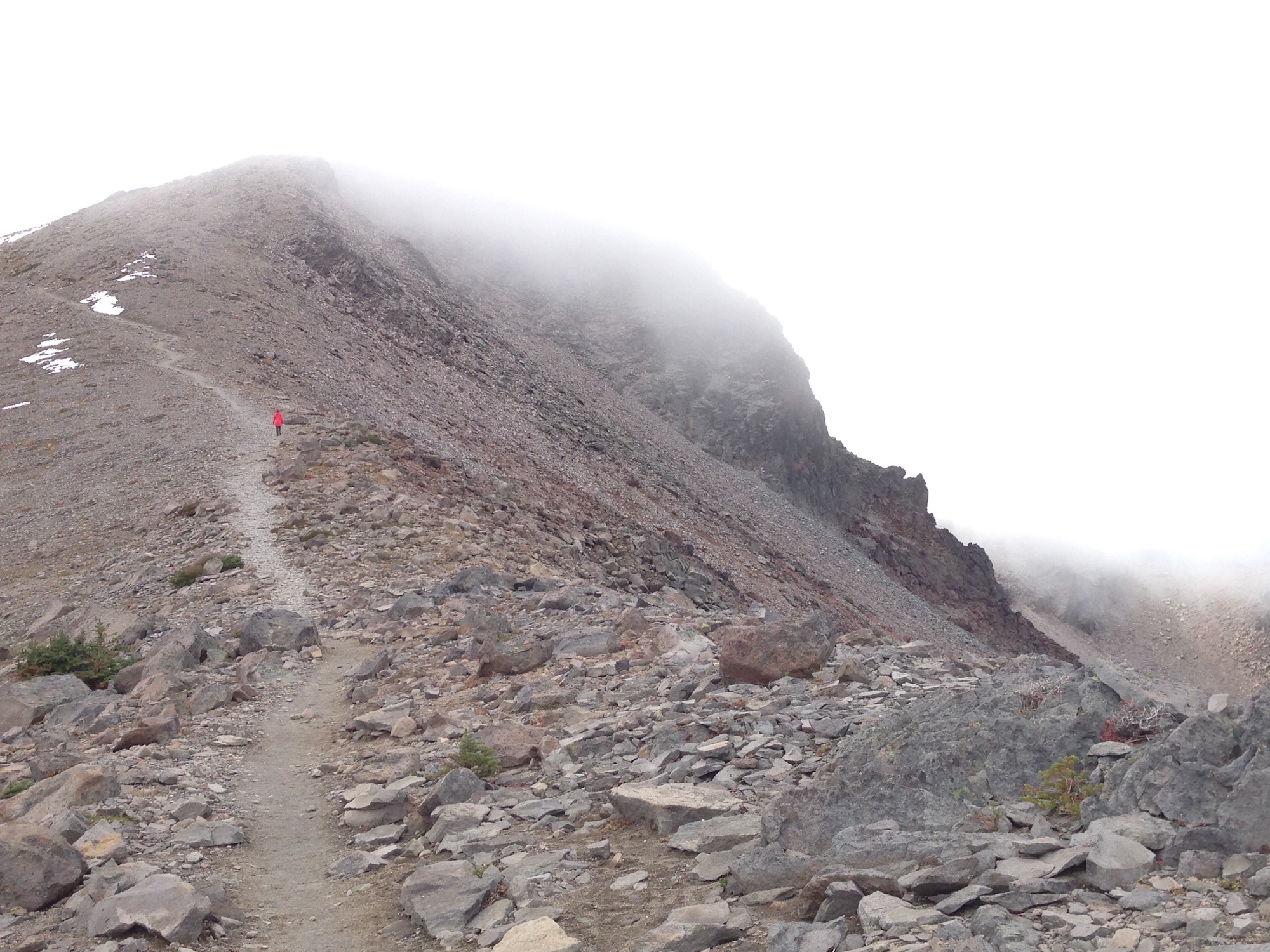city as organism – a fascinating and hopeful interview by Michael Toms with William McDonough. the insights-per-minute ratio in this one-hour interview is just astounding. free listening THIS WEEK only
THE MONTICELLO DIALOGUES, Part 4: The Rebirth of the Commons, with William McDonough… Imagine for a moment, a beautiful future, free from poverty, war and suffering. Where do you see yourself living in that beautiful world? For many of us we see a bucolic life in the country. Anticipatory design architect William McDonough sees that healthy harmonious future in the city. Really. Named a hero of the planet in 1999 by Time Magazine, McDonough envisions a post sprawl future where the human enterprise is more compact and more abundant and more fun. He still sees cars in our future, but tomorrow’s cars won’t pollute more efficiently, they will be effective silent runners, releasing POSITIVE emissions that support life. And public transport (read trains) will double as a power utility. McDonough’s celebration of the city is a sign of the positive transformation of culture; a culture where we can be people with lives again, neither consumers nor units in a planner’s design algorithm, nor fields in a security database.
